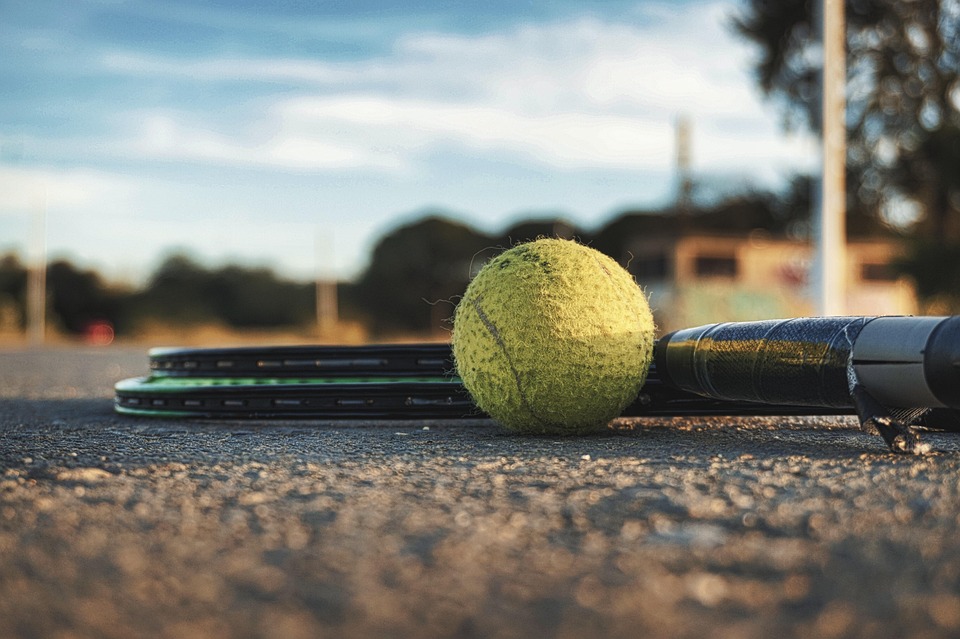In the fast-paced world of esports, the life of a professional gamer is not merely about adrenaline-pumping battles and flashy tournaments. It’s a blend of strategy, teamwork, and relentless dedication. Have you ever wondered what a typical day looks like for these digital gladiators? Join us as we delve into a day in the life of a professional gamer.
Morning: The Early Rise of Champions
The day often begins early for many professional gamers. Unlike typical 9-to-5 jobs, gamers must prioritize their mental and physical well-being to perform at peak levels. A typical morning starts around 8 a.m. The first task? Stretching and light exercise.
1. Physical Fitness
The common stereotype of gamers being sedentary isn’t entirely accurate. Many professionals understand the importance of incorporating physical training into their routine. A 30-minute workout or yoga session gets the blood pumping, promoting better focus and reaction times throughout the day.
2. Nutrition Matters
After exercise, it’s time for a healthy breakfast. A well-balanced meal rich in proteins, healthy fats, and complex carbohydrates fuels both body and brain. Professionals often share meal prep tips and recipes, optimizing their diets for sustained energy levels during long gaming sessions.
Mid-Morning: Strategy and Analysis
By 10 a.m., the gears of the mind start turning. Gamers usually spend this time reviewing past gameplay footage, analyzing both their own performances and those of competitors. This analysis is essential for understanding strengths and weaknesses.
1. Reviewing Gameplay
Using high-definition screen captures, players dissect matches, identifying key mistakes and opportunities for improvement. Professional platforms like Discord enable teams to collaborate on strategies, providing feedback and suggestions.
2. Team Meetings
Communication is crucial in esports. Mid-morning often entails team meetings, either in person or via video calls. Here, strategy takes center stage as players gather to discuss tactics, assign roles, and prepare for upcoming matches. The synergy built during these sessions translates to enhanced teamwork in game.
Afternoon: Practice Makes Perfect
Post-lunch hours are reserved for intensive practice. By 1 p.m., it’s game time.
1. Scrimmages and Practice Matches
Professional gamers often engage in scrimmages against one another or other teams to refine their skills. These practice matches simulate the high-stakes environment of tournaments, allowing players to implement strategies and develop synergistic playstyles.
2. Solo Practice
Individual practice is equally important. Gamers typically take time to focus on mechanics—mastering character abilities or honing precision aiming techniques. Platforms like Aim Lab or Kovaak’s FPS Aim Trainer are popular tools for improving reflexes and muscle memory.
Evening: The Spotlight and Community Engagement
As the sun sets and the evening rolls in, professional gamers transition into a dual role: competitor and community figure.
1. Streaming and Content Creation
By 6 p.m., many professionals stream their gameplay on platforms like Twitch or YouTube. It’s an opportunity not just for competition but also for engagement. Players interact with their fans, share tips, and showcase their personalities.
2. Networking and Community
Professional gamers spend time networking with fellow players, attending esports events, or connecting with fans on social media. Maintaining a strong online presence is crucial for attracting sponsors and building a brand—a significant part of modern esports culture.
Night: Rest and Recovery
As the evening winds down, it’s crucial for professional gamers to prioritize recuperation. Around 10 p.m., the focus shifts to unwinding.
1. Mindfulness and Relaxation
Incorporating relaxation techniques helps in managing stress and maintaining mental health. Many gamers practice meditation, mindfulness, or engage in light recreational activities like watching movies or reading to decompress.
2. Preparing for Tomorrow
Before heading to bed, a quick review of the day’s achievements and plans for the next day can help maintain focus. Setting goals, whether related to gameplay or personal development, ensures continuous progress.
Conclusion: The Path of Professional Gaming
Being a professional gamer is both challenging and rewarding. It demands a perfect balance of intense practice, strategy development, and effective community engagement. The discipline required parallels that of traditional athletes, highlighting that gaming is indeed a legitimate sport.
As the esports industry continues to grow, so does the profile of these digital warriors. Inside the arena, the life of a professional gamer is a thrilling ride, filled with passion, dedication, and the relentless pursuit of excellence. Whether battling on the virtual frontlines or engaging with audiences worldwide, professional gamers are redefining what it means to be an athlete in the digital age.



